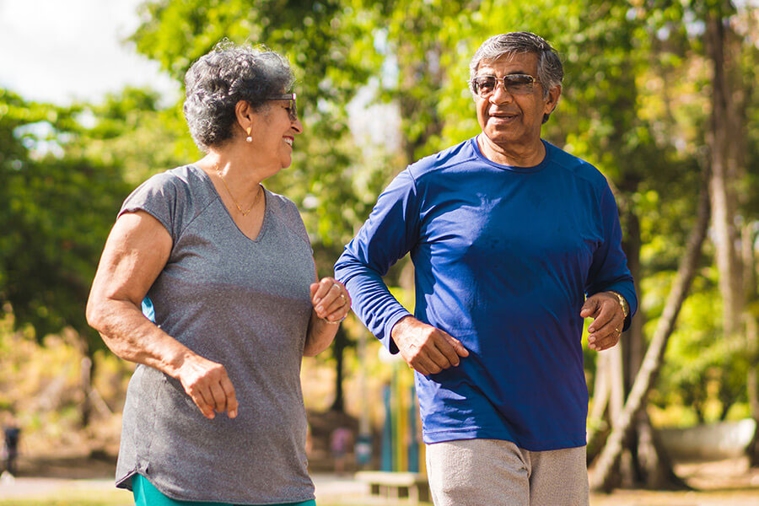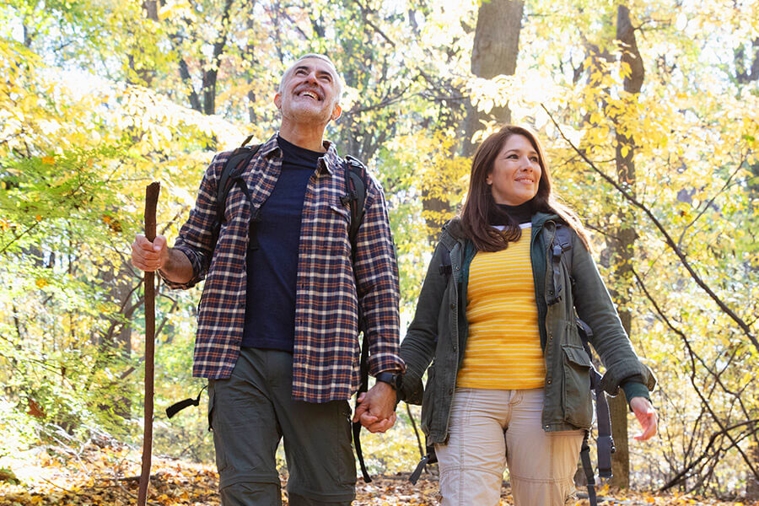
What can you do for suicide awareness during COVID-19?
Note: Beginning in July 2022 in the United States, you can call or text 988, the three-digit dialing code that will route callers to the 988 Suicide and Crisis Lifeline. The former Lifeline phone number (800-273-8255) will also remain available to anyone in emotional distress or suicidal crisis.
For many people, the COVID-19 pandemic has had a significant impact on their emotions . Regardless of whether or not a person has a high risk of infection, it’s common to feel powerless, overwhelmed, confused or anxious about the pandemic. Now more than ever, it’s crucial to raise awareness about suicide prevention and how we can all take steps to promote healing and hope.
What can you do for a loved one?
Some warning signs of suicide, such as talking about dying, are easier to spot. Others might be more subtle, such as bringing up strong feelings of guilt or shame, purposeful social withdrawal or saying goodbye to loved ones. Giving away personal items and expressing feelings of hopelessness are also common in people who are having suicidal thoughts.
The National Suicide Prevention Lifeline offers five ways to help someone who is struggling:
- Ask. Research has shown that people who are having thoughts of suicide often feel relieved when someone asks after their mental health in a caring way.
- Be there. Encourage an open conversation. Whatever comes up, try to listen without judgment and speak with compassion.
- Keep them safe. If possible, try to safely limit the person’s access to any lethal means, such as weapons, poisons or firearms.
- Help them stay connected. Studies have found that community connection is crucial for offsetting feelings of hopelessness. Offer resources such as calling the National Suicide Prevention Lifeline at 1-800-273-TALK (8255). You can also call the hotline yourself to seek guidance on how to support your loved one.
- Follow up. Don’t allow the initial conversation to be the end of your dialogue. Continue to reach out to your loved one in the days and weeks following any initial conversation or intervention.
Watching out when we’re not together
Social isolation can have devastating effects on both physical and mental health. In fact, loneliness is considered a risk factor as crucial to predicting premature death as smoking, obesity and physical inactivity. The lonelier a person is, the higher their risk of depression, anxiety and suicide.
In a year when we have all been more isolated than normal, how can we continue to watch out for each other?
- Spend time together however you can. It’s more important than ever to check in with our loved ones regularly. Whether that’s through a phone call, video call or a socially-distanced hang-out, schedule time to consistently connect.
- Ask questions and listen with empathy. Many of us are stressed right now. If you find yourself always talking about your own anxieties, make a point to ask your loved ones about their mental health. When they respond, listen with empathy. This means listening with an intention to understand the other person.
- Offer practical help. When someone is struggling, everyday tasks can feel insurmountable. A simple offer, such as dropping off groceries, can communicate practical support and care.
- Send messages of encouragement. Out-of-the-blue encouragement can help us feel less lonely. If you have the resources, consider sending a handwritten note, a small care package or a home-cooked meal to let someone know you’re thinking of them.
Where to seek help
If you are struggling with thoughts of suicide, reach out immediately for help and guidance.
- National Suicide Prevention Lifeline: Call 1-800-273-TALK (8255) for 24/7, free and confidential support from a crisis counselor.
- Crisis Text Line: Text TALK to 741-741 to text with a trained crisis counselor.
- Veterans Crisis Line: Send a text to 838255 for free, confidential, 24/7 support from a responder with the Department of Veterans Affairs.
- SAMHSA Treatment Referral Hotline (substance abuse): 1-800-662-HELP (4357)
- RAINN National Sexual Assault Hotline: 1-800-656-HOPE (4673)
- The Trevor Project (LGBTQ youth mental health helpline): 1-866-488-7386
- If you are in immediate danger or experiencing a medical emergency, please call 911.



